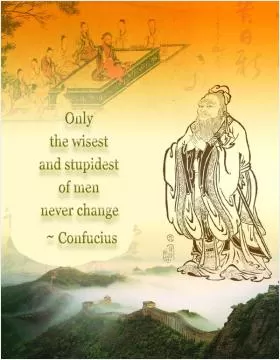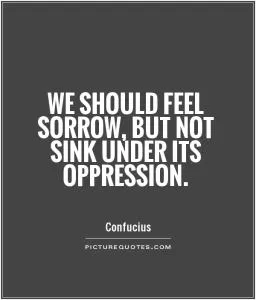The cautious seldom err

The cautious seldom err
Confucius, the ancient Chinese philosopher and teacher, is often quoted as saying, "The cautious seldom err." This statement reflects his belief in the importance of prudence and careful consideration in decision-making. Confucius emphasized the value of thinking before acting, and the need to weigh the potential consequences of one's actions.In the context of Confucius' teachings, being cautious means being thoughtful and deliberate in one's actions. It means taking the time to consider all possible outcomes and implications before making a decision. By being cautious, one can avoid making hasty or impulsive choices that may lead to mistakes or regrets.
Confucius believed that those who are cautious are less likely to make errors because they take the time to assess the situation and make informed decisions. He saw caution as a virtue that leads to wisdom and good judgment. By being cautious, one can avoid unnecessary risks and pitfalls, and navigate through life with greater success and fulfillment.
Confucius also believed that being cautious is a sign of self-discipline and self-control. It requires a level of mindfulness and awareness that allows one to resist the temptation of acting impulsively or recklessly. By exercising caution, one can avoid making decisions based on emotion or impulse, and instead make choices that are rational and well-thought-out.












 Friendship Quotes
Friendship Quotes Love Quotes
Love Quotes Life Quotes
Life Quotes Funny Quotes
Funny Quotes Motivational Quotes
Motivational Quotes Inspirational Quotes
Inspirational Quotes